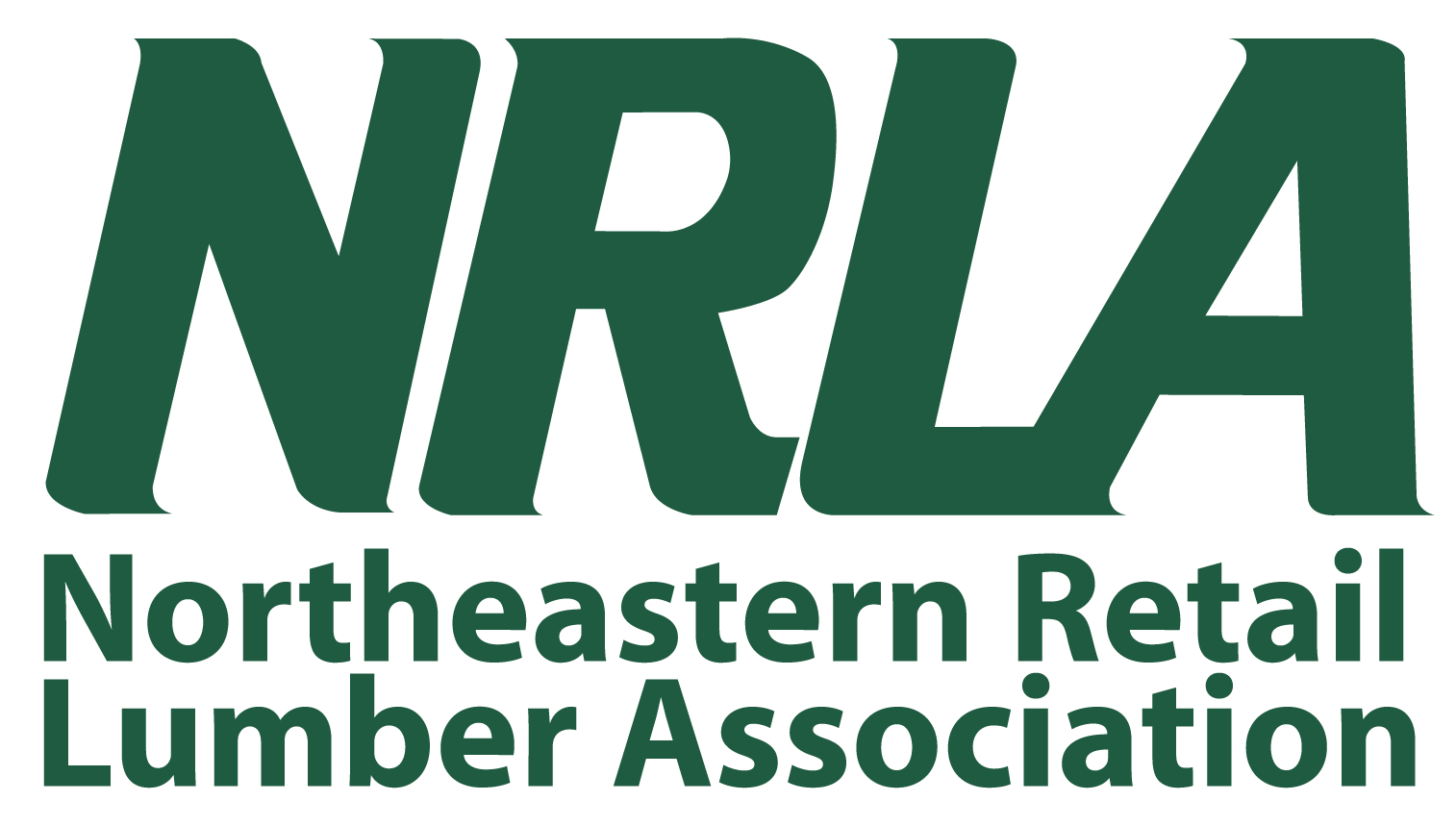New Legislature Sworn In for 2025-26 Session
On Jan. 1, the newly elected members of the Massachusetts Senate and House of Representatives were sworn in for the 2025-26 legislative session. There are three new members in the Senate and 19 new members in the House. The Republican Party gained one seat in the Senate, and now holds five of the 40 seats. In the House, several legislative seats changed hands between the two parties, but the net representation remained the same as last session. Democrats hold a 133-26 majority, with one independent member and one vacancy.
Senate President Karen Spilka and House Speaker Ronald Mariano were both reelected to lead their respective chambers. The departure of veteran lawmakers in both houses will result in several changes to committee leadership. The 200 legislators have filed more than 7,000 bills, which will be considered by various joint committees over the next 12 months. We are currently reviewing those bill filings to identify legislation of interest to MRLDA members.
House Speaker Mariano has voiced support for amending the legislative rules to change the deadline for formal sessions. Current rules require the House and Senate to conclude formal deliberations by July 31 of the second year of the session. In the last session, the Legislature adjourned without reaching consensus on more than 13 major bills. While lawmakers addressed most of these issues in informal sessions over the following five months, criticism over the delay has led to renewed discussion on revising the legislative calendar.
Supreme Court Upholds MBTA Zoning Law
The Massachusetts Supreme Judicial Court has rejected an appeal from the town of Milton and upheld the MBTA Communities Act, which requires 177 cities and towns to adopt zoning districts that allow multifamily housing by right in at least one district.
Milton’s town meeting initially approved the required zoning, but voters overturned the decision in a special election. As a result, the state penalized the town by withholding certain grants. The court ruled that the law is constitutional and affirmed that the attorney general has the authority to enforce it. This could include imposing a state-mandated plan for noncompliant communities.
However, the court found that the administration had improperly promulgated regulations for enforcing the law by failing to follow proper notice procedures. In response, the state issued emergency regulations, with a public hearing to follow. Communities must submit compliance plans by Feb. 13 and pass the required zoning changes by July 14. Currently, 30 municipalities have yet to comply with the law.
The law classifies communities into four categories based on transit access:
- Rapid transit communities were required to comply by Dec. 31, 2023.
- Commuter rail communities and adjacent communities must comply by Dec. 31, 2024.
- Adjacent small towns have until the end of 2025 to comply.
MRLDA Urges Governor to Delay EV Truck Purchase Rules
The MRLDA recently sent a letter to Gov. Maura Healey requesting a delay in the implementation of the Advanced Clean Trucks rule, which prohibits truck dealers from selling medium- and heavy-duty diesel trucks unless they also sell a state-mandated percentage of electric trucks.
The rule, which took effect Jan. 1, is already impacting MRLDA members’ ability to purchase new diesel trucks. One long-time member reported that an in-state dealer refused his purchase request because the dealer had not yet received EV vehicles from the manufacturer. The dealer also warned that he would soon be forced to lay off sales staff due to the new requirements.
The only alternative for businesses is to purchase and register vehicles out of state—an impractical solution for members operating solely in Massachusetts. MRLDA is working alongside more than 50 businesses and trade associations to suspend the rule. State officials appear to be waiting to see whether a potential Trump administration would revoke the EPA waiver that allows Massachusetts and other states to impose such restrictions.
New Law Requires Study of Charging Infrastructure for EV Trucks
The Clean Energy Act passed in the final days of the last legislative session, directs the Executive Office of Energy and Environmental Affairs to conduct a study on the future availability of charging stations for medium- and heavy-duty electric trucks. The study aims to assess the state’s ability to meet its EV adoption goals while considering costs, permitting processes, and estimated timelines for infrastructure development.
The study must also:
- Forecast electric vehicle charging demand across the state for the next 10 years.
- Assess the impact of EV charging on the electric grid and identify areas that may require upgrades.
- Identify optimal locations for EV fast-charging hubs and fleet depots, prioritizing sites that are convenient, accessible, and safe for drivers.
Following the study, each electric distribution company will be required to develop a 10-year infrastructure plan to meet projected public charging needs.


